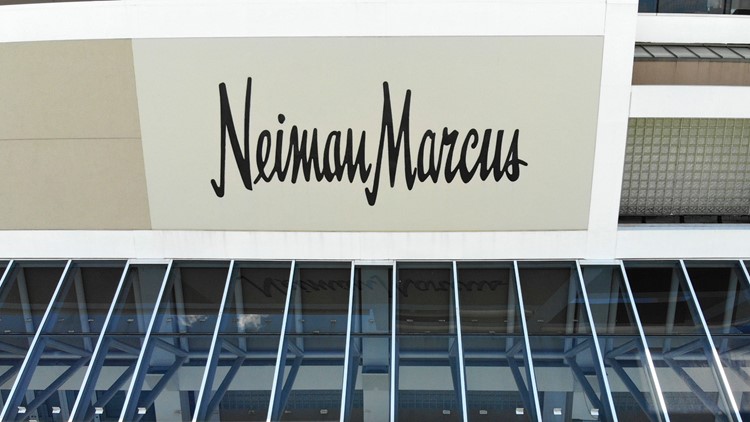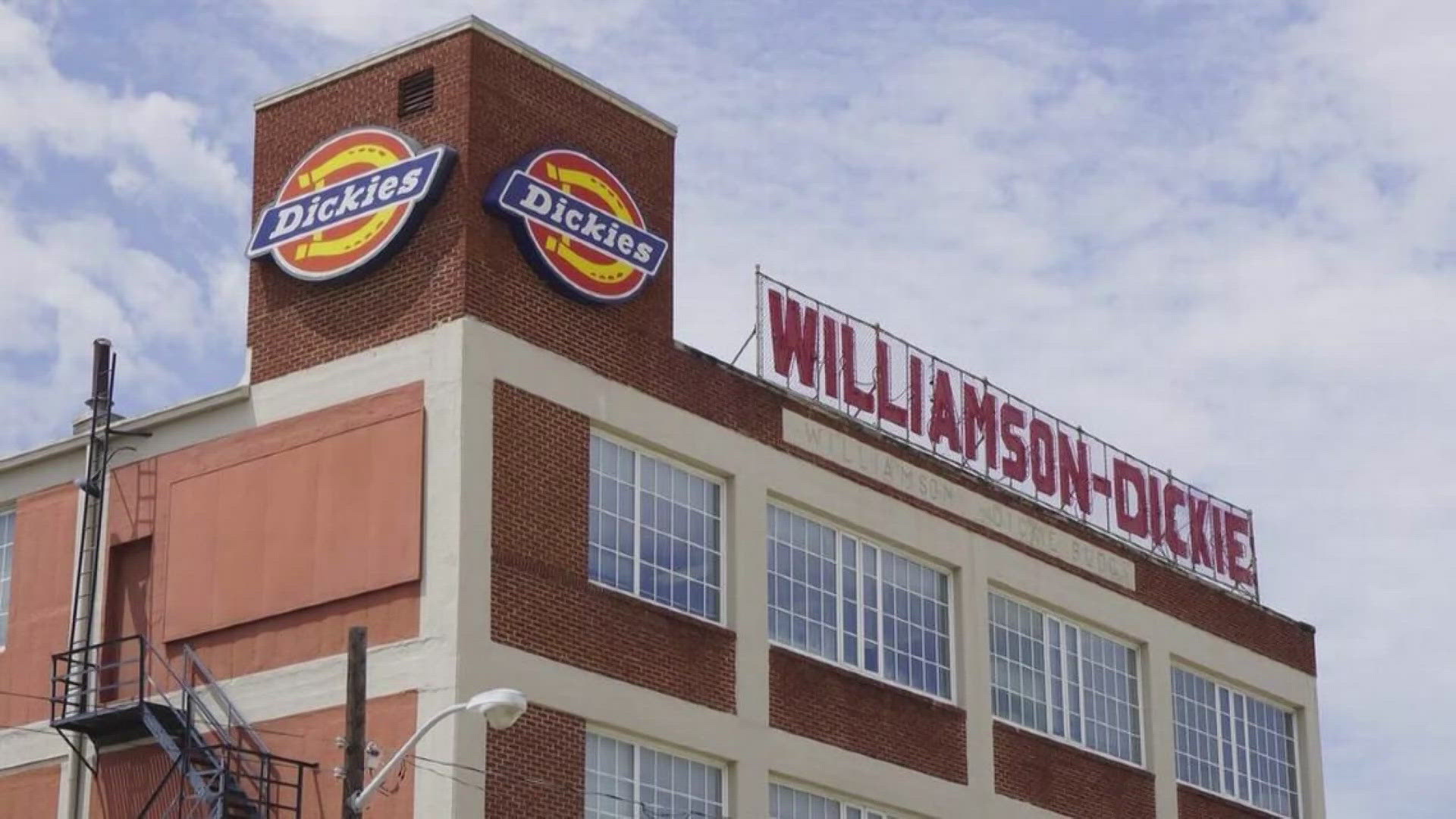Neiman Marcus Group has started Chapter 11 bankruptcy proceedings, but whether the luxury retailer will be able to follow through on its plan to emerge in the fall is unknown.
Christina Boni, Moody’s Investors Service's senior credit officer, said that the Dallas-based luxury retailer is a formidable brand, but the company is still in a challenging retail environment given the disruption caused by the coronavirus pandemic.
“It's difficult for any retailer —apparel retailer — at this juncture,” Boni said. “Those are all challenges that businesses will face. Clearly it's still a very strong brand with top locations and a very loyal customer base.”
Neiman Marcus has entered into a restructuring support agreement with a significant majority of its creditors. Some of the company’s largest creditors that committed to fulfill a $675 million debtor-in-possession financing during the proceeding have also committed to fulfill a $750 million exit financing package that would fully refinance the DIP financing and provide more liquidity.
Neiman Marcus’ planned capital structure, upon emergence, is anticipated to be long-dated, no near-term maturities, and eliminates its roughly $4 billion of existing debt.
Boni said that the 113-year-old retailer’s restructuring plan is a positive step. The plan in place will take off a considerable amount of debt off of the company, she said, and that these plans will give the retailer some financial flexibility and liquidity to get through the next few months.
Overall, consumer confidence has plummeted, and although Neiman’s primary customer isn’t necessarily unemployed, Boni said that consumer's ability to spend is weighted by how his or her investments are performing.
“People may not be in the same mood to spend that they were before,” she said. “Even if consumers are spending, there's definitely a shift towards home or other areas that are giving people more intrinsic value during this unprecedented time.”
Refinitiv data shows that retailers in general are facing tough comparisons from a year ago, when physical stores were open and consumer spending was healthy. The Refinitiv Same Stores Sales index is expected to contract -0.1 percent in the first quarter this year — a 3 percent SSS reflects healthy consumer spending. The index estimate suggests spending is dismal, the report shows.
Overall, companies that were already levered are under significant pressure, and going into this crisis puts companies with weak balance sheets at significant risk, Boni said.
"Clearly there are other companies that were strong in terms of size and scale,” she said. “(These companies) don't have levered balance sheets, and, those companies will be positioned to — how should I say — seize on opportunity when the crisis does abate, and as the consumer starts to recover.”
More on WFAA:
- As coronavirus shutdowns sink city budgets, Dallas furloughs 500 employees
- 'In the world of retail, Neiman Marcus has no peer': Reactions after iconic Dallas retailer files for bankruptcy
- Neiman Marcus files for bankruptcy amid coronavirus pandemic
- Texas told store owners they could reopen Friday. So, did they?



